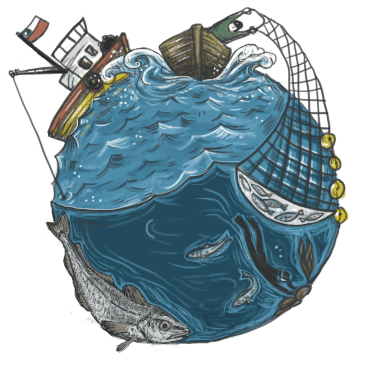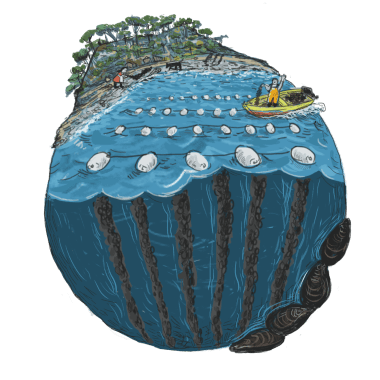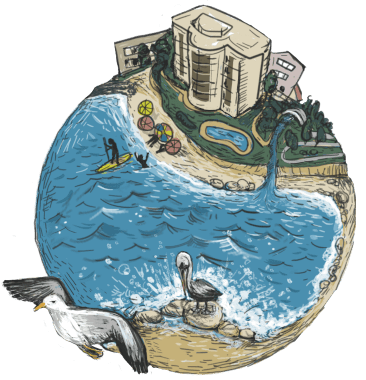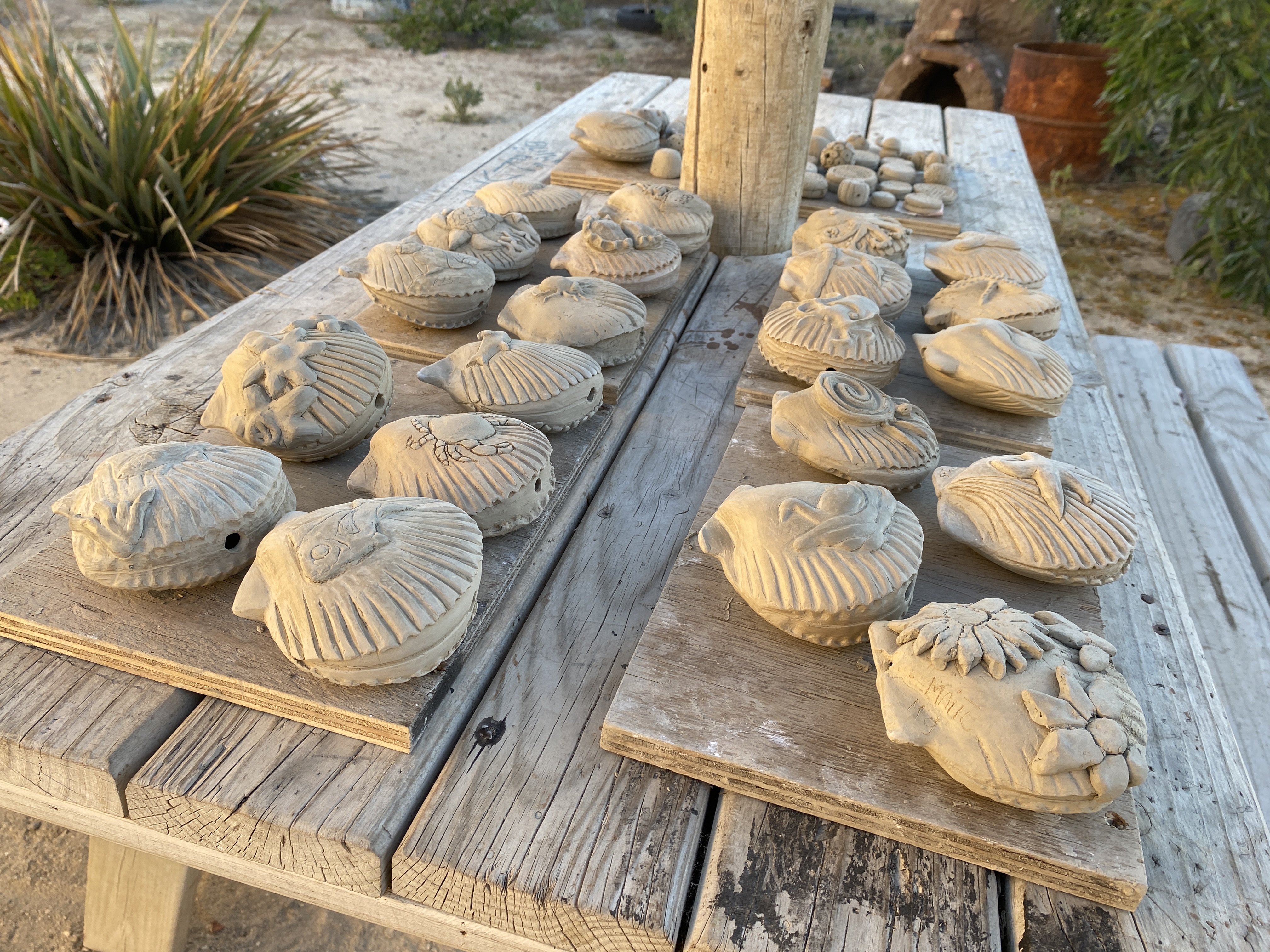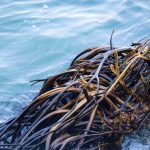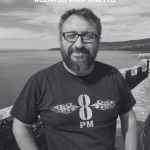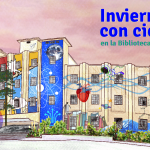Science, Art, and Community Intertwined in Tongoy: Students Create a Ceramic Mural Inspired by Their Coastal Environment
At the Carmen Rodríguez High School in Tongoy, the school community, researchers, and artists from the Millennium Institute of Coastal Socio-Ecology (SECOS) held workshops that combined art, science, and local memory. The activities included the creation of a ceramic mural made with clay from the......
Continue reading...




